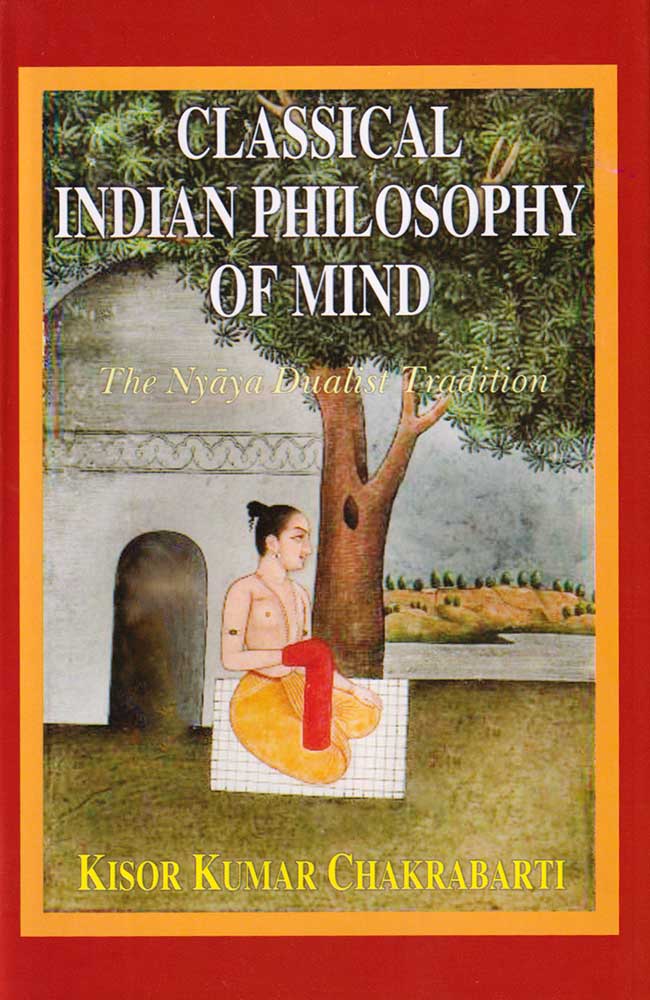Classical Indian Philosophy of Mind: The Nyaya Dualist Tradition
Classical Indian Philosophy of Mind: The Nyaya Dualist Tradition - Hardcover is backordered and will ship as soon as it is back in stock.
Couldn't load pickup availability
About the Book:
This book examines psycho-physical dualism as developed by the Nyaya school of Indian philosophy. Dualism is important to many world religions which promote personal immortality and to morality which promotes free will. For the Nyaya, the self is a permanent, immaterial substance to which non-physical internal states like cognition belong. This view is challenged by other Indian schools, especially the Buddhist and Carvaka schools.
Chakrabarti brings out the connections between the Indian and the Western debates over the mind-body problem and shows that the Nyaya position is well developed, well articulated, and defensible. He shows that Nyaya dualism differs from Cartesian dualism and is not vulnerable to some traditional objections against the latter. A brief discussion of the Samkhya and the Advaita theories of the self and the critique of these views from the Nyaya standpoint are included, as well as a discussion of a classical Nyaya causal argument for the existence of God. The appendix contains an annotated translation of selected portions of Udayana's Masterpiece, Atmatattvaviveka (Discerning the Nature of the Self).
-
Pages
-
Edition
-
Size
-
Condition
-
Language
-
Weight (kg)
-
Publication Year
-
Country of Origin
-
Territorial Rights
-
Reading Age
-
HSN Code
-
Publisher




